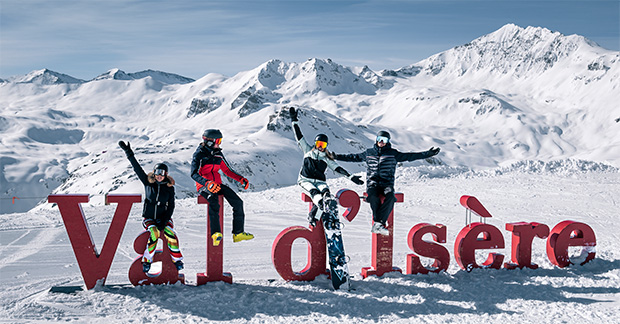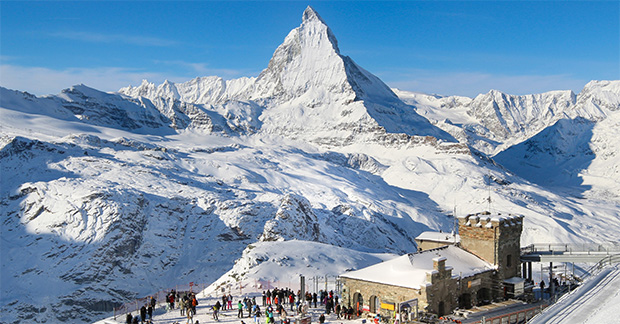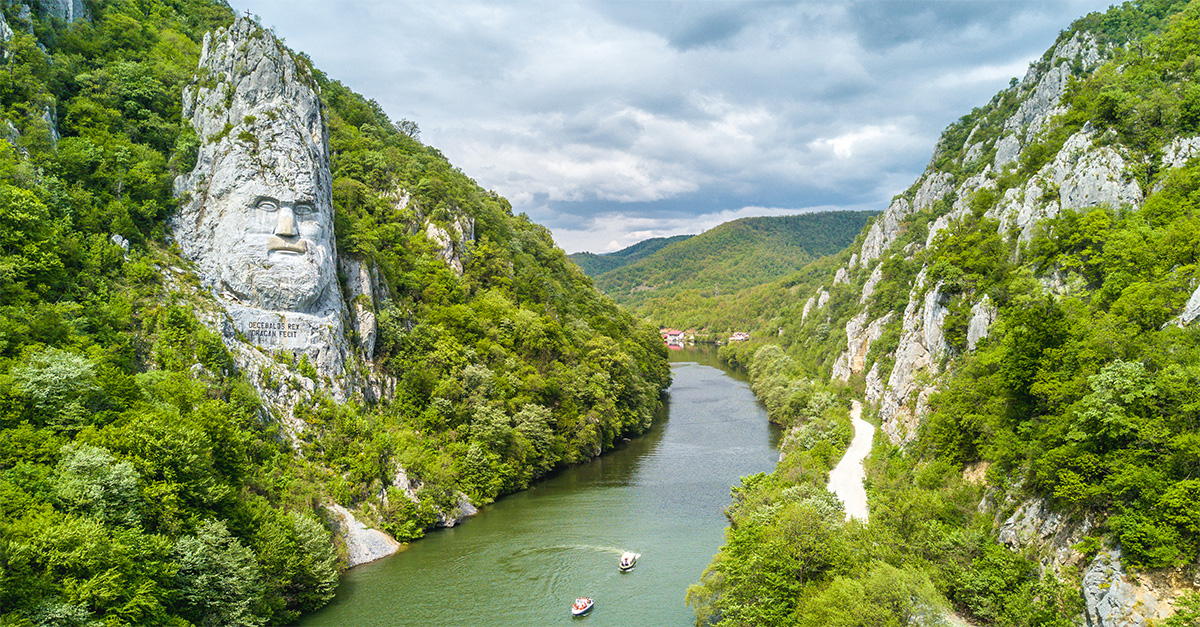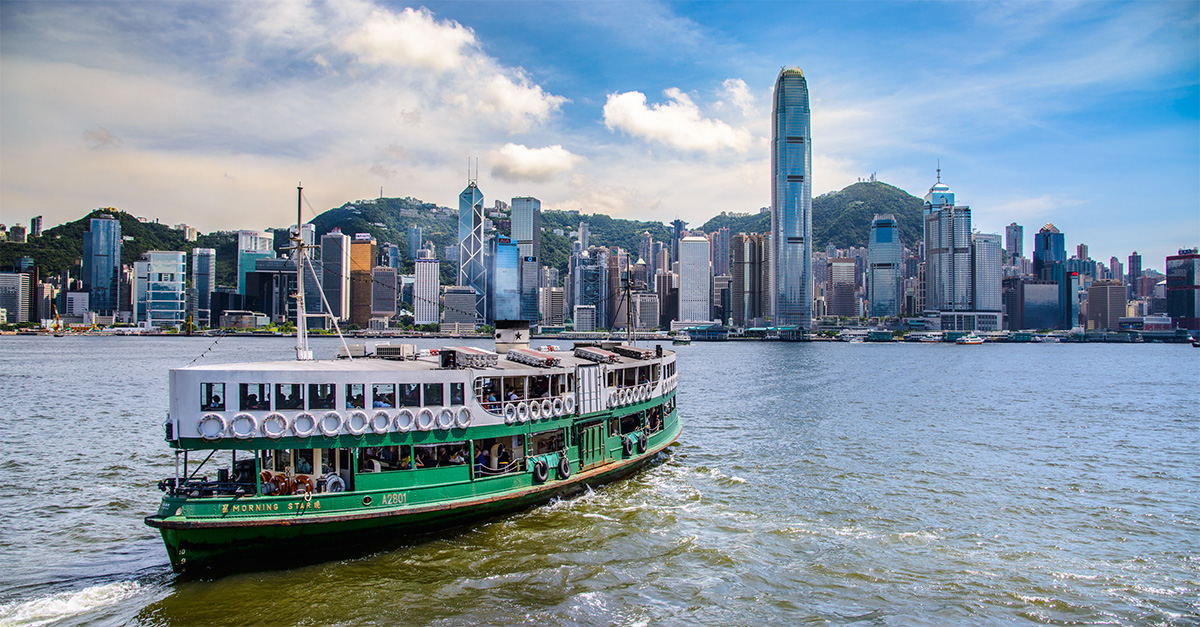Sell ski holidays the eco-friendly way with advice from the experts. Lina Molloholli and India-Jayne Trainor report
Skiing faces bigger challenges than many sectors when it comes to sustainability, with significantly reduced snowfall in recent seasons and shorter durations that tend to be more carbon-intensive per night than a longer break – and that’s before clients even hit the slopes.
To ensure future generations can enjoy the exhilarating thrill of a snowy getaway, a growing number of European ski resorts are working on creative solutions to reduce fossil fuel consumption and habitat destruction in the mountains.
Agents have a role to play too, encouraging clients to make more environmentally conscious choices than ever before, with eco-friendly innovations including train travel from London to popular ski regions and resorts that prioritise using renewable energy sources and local produce.
From no-fly itineraries to staying and eating locally, here are four ways to make your client’s next trip to the slopes more sustainable.

1. Eco-friendly ski resorts
European resorts such as Saas-Fee and Laax in the Swiss Alps are among those leading efforts to be more environmentally aware. Laax’s Greenstyle programme includes a seven-point plan to run entirely on renewable energy by 2030, and the resort has already implemented 200 sustainability projects, including central heating fuelled by solar energy and surplus heat from ski lift operations.
In France, Val d’Isère is one of a selection of resorts to hold a prestigious Flocon Vert certification – a stamp of approval for its sustainable development. The resort has solar-powered snow cannons, while the new Vallon gondola and streamlined La Daille cable car use fewer pylons to avoid damaging the landscape.

2. Ski trains and buses
Carrying heavy gear on aircraft creates additional emissions on an already carbon-intensive mode of transport, so where possible, encourage clients to swap flights for scenic train journeys instead.
It’s easier than ever to access European ski destinations in France, Austria and Switzerland. Clients could take the Eurostar to Lille and change for services to Bourg-Saint-Maurice (with a journey time of eight hours and 20 minutes) or use a plethora of new sleeper services from Paris across the Alps and central Europe to reach their final destination with affordable local train routes.
Popular resorts such as St Anton in Austria and Les Arcs in France are accessible by rail, and for local travel, many resorts provide low-emission transport options.
Zermatt has banned cars, relying instead on free electric buses to shuttle people around, while Val d’Isère has a fleet of buses that aim to be 100% electric by 2026.
When on the slopes, ski lifts use a large amount of energy, so for the most active clients, suggest ski touring, which involves self-powering one’s way up the mountains. It’s a breathtaking way to experience the great outdoors, with multi-day ski touring packages from operators. Responsible Travel has a commissionable seven-day ski touring trip to Finland that minimises CO2 and visits local hotels and businesses, including a family-run farm where clients can try locally-sourced food such as berries, fish and elk.
3. Sustainable ski gear
Highlighting the best eco-friendly gear is a simple way to transform clients’ impact on the mountains, with brands such as Arbor Collective and Venture Snowboards crafting skis and boards from sustainable wood cores, recycled materials and low-impact resins.
Even the wax used on skis matters, with traditional fluorine-based waxes posing serious environmental risks – some waxes take up to 100,000 years to biodegrade.
Thankfully, biodegradable alternatives are available in ski rental shops worldwide.

4. Support local businesses
To offset the impact of skiing, visitors can opt to stay in family-run hotels or guesthouses, or at the higher end, dedicated eco-resorts that make use of local materials in their construction.
This also applies to the après-ski element; advise guests to head for restaurants or dining spots with seasonal menus and local produce to reduce food mileage, which will give them the chance to embrace the area’s traditional dishes and try a few unusual beverages at the same time.
In Austria’s Tyrol region, many restaurants are part of Tiroler Wirtshauskultur, an initiative promoting the use of ingredients from nearby farms, rivers and forests. Not only is this more sustainable, but it also gives a standard ski holiday an extra infusion of Austrian mountain culture.
Book it
Inghams sells seven nights’ half-board at Val d’Isère’s Hotel Ducs de Savoie for £1,409, based on two sharing, including train to Bourg-Saint-Maurice from London St Pancras and bus transfer to Tignes. Departing March 22.
inghams.co.uk
Ski Independence offers a seven-night stay on a half-board basis at the Hotel Allalin in Saas-Fee, Switzerland, from £3,686, based on two adults sharing a Superior Double Room, including 23kg luggage, free ski carriage, transfers and flights departing March 17.
ski-i.com/travel-agents
Insider insight

Ian McIlrath, managing director, Ski Solutions
“Approximately 85%-90% of the total carbon footprint [of a ski trip] comes from travel to and from the destination, if guests fly. The single biggest contribution visitors can make is to go by train; this can reduce transport emissions by up to 30%. Rather than trying to sell sustainability, talk about the benefits of such choices.
For example, train travel avoids the stress of airports and becomes part of the holiday itself. Family-owned hotels specialising in local cuisine offer a personalised and authentic experience.
Resorts that are powered by renewable energy are typically cleaner and quieter. Together, these benefits provide a more enjoyable and ultimately more sustainable holiday.”
PICTURES: Philipp Ruggli; Shutterstock/zedspider, Bernsten; Tristan Shu




